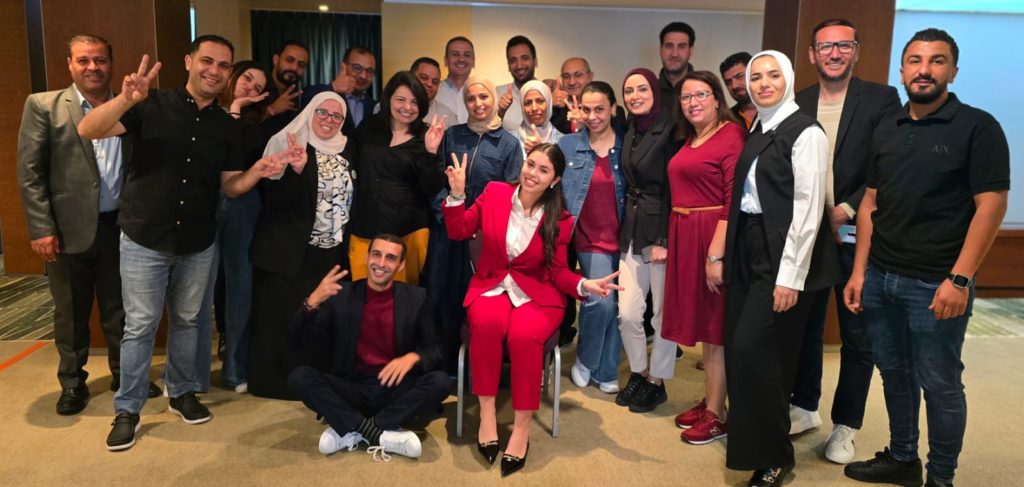This July, CILC implemented the first part of three tailored Shiraka Training Programmes: Communicating with the Public, Legislation, and Administration of Justice. The programmes brought together around 75 participants, ranging from civil servants, judges and other professionals from across the MENA region for a capacity building program that fostered knowledge exchange, skills development and explore innovative solutions for improving public service or Justice delivery in their respective countries.
Held from 30 June–8July (Communicating with the Public and Legislation) and 14–22 July (Administration of Justice), the trainings featured interactive sessions, study visits to the ICC, ICJ, and Dutch Justice institutions and peer learning activities. Participants engaged with Dutch institutions and experts to deepen their understanding of transparent communication, legislative processes, and fair administration of justice.
A highlight across all three trainings was the opportunity for open dialogue and peer learning. The experiences of the participants were positive: “This has been a truly inspiring experience. Beyond the technical knowledge, it was incredibly valuable to hear how colleagues from other countries face similar challenges and how they are working to address them.”
The energy and commitment of participants reflect the spirit of Shiraka, which means partnership in Arabic. These trainings are not only an opportunity for capacity building, but also a chance to build lasting professional connections across borders.
We now look forward to welcoming participants for the second part of the programme in Tunis later this year, where they will present their Back Home Action Plans and reflect on the practical application of their learning.
This project is funded by Shiraka, a programme commissioned by the Ministry of Foreign Affairs of the Netherlands and implemented by the Netherlands Enterprise Agency (RVO). With the Shiraka programme, the Netherlands partners with government organisations in the MENA region to support improved public service delivery, foster peer-to-peer learning, and strengthen bilateral relations.


